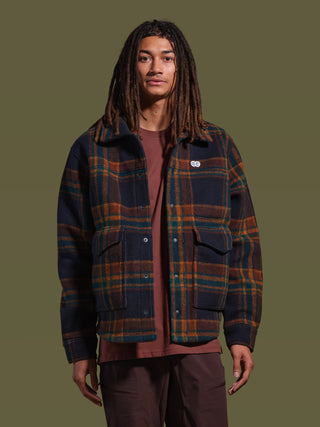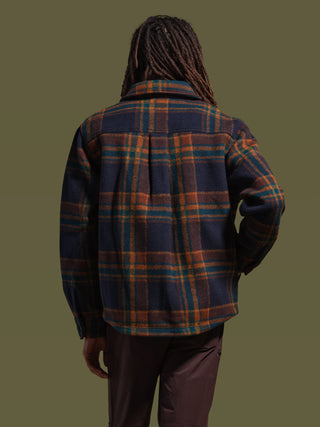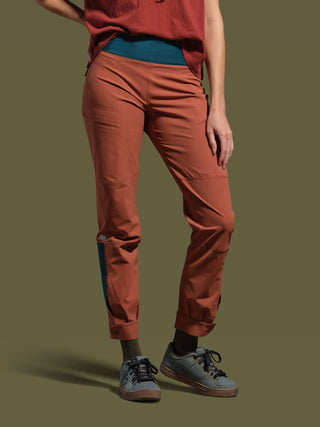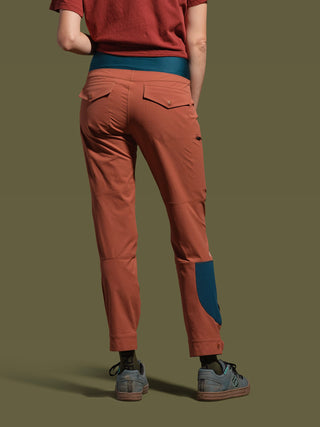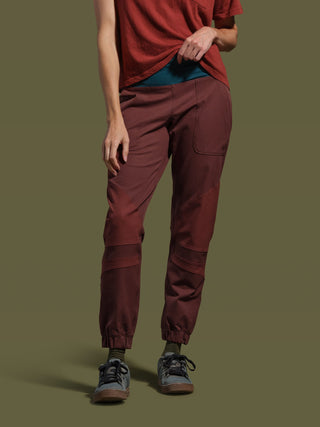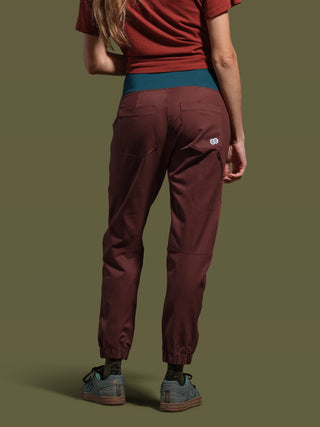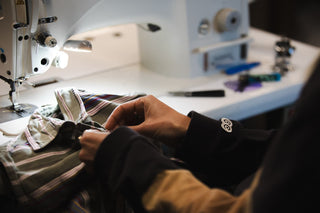
Tariff Whiplash is Real
All businesses—big and small—have been through the wringer these past couple of months. You’ve seen the headlines and heard the commentary, so I won’t rehash the past or spin out about the future. But there’s one thing that’s been stuck on my mind—a truth that’s rarely surfaced in the headlines, only whispered about in shadowy corners and half- finished conversations.

The Loophole Scramble
In times of uncertainty and shifting regulations, people scramble like roaches for loopholes, advantages, and ways to avoid paying tariffs.
Humans are crafty creatures, and in this day and age sadly, often the lowest price wins, with no regard to working conditions or environmental factors. It's no surprise that CEOs and brands are desperately searching for ways to dodge these high fees. Many are succeeding—through everything from “don’t ask, don’t tell” arrangements to assembling entire products in China, sewing on a single tag in the U.S., and calling it “Made in USA.”
This is disheartening—not because we’re tariff supporters, but because we believe in working with factories that are thoughtful, ethical, and responsible.
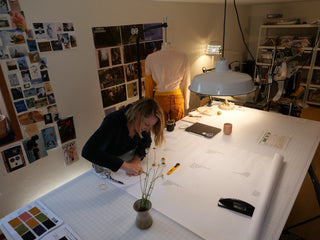
If a business isn’t affected by tariffs, chances are they’re working with corrupt factories that cut corners, prioritize profit over people, and are comfortable with shady practices.
I’m proud of the ethics and values of the partners we work with. Their integrity shows in everything they do—from refusing to compromise on quality to ensuring their workers are happy, healthy, and proud of their craft.
Together, we’re following the rules. We’ll cry a little—and then we’ll pay the tariffs. We’re not looking for loopholes or putting people in criminal or compromising situations.
CEOs can whine all day and still get a seat at the table. Meanwhile, hundreds of thousands of workers have their livelihoods in the hands of people who never invite them to speak or share their stories.
Let’s not forget: our clothes are hand-sewn by humans. No robots. No automotive-style assembly lines. Just skilled workers whose hands touch every garment, stitching pride and expertise into every seam.
So if prices creep up on some of your favorite brands, know this: it’s often a sign they’re working with ethical, honest, by-the-book overseas factories. That means everything from paying their people fairly, not polluting rivers with toxic textile waste, and complying with human rights and environmental standards—all things you care about, even if you don’t care about tariffs.
Stay curious and keep asking questions.
<3 Tasha
ps. Read more about our enduring commitment to doing the right thing by people and the planet on our Responsibility page.
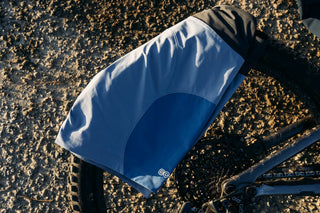
What's New


